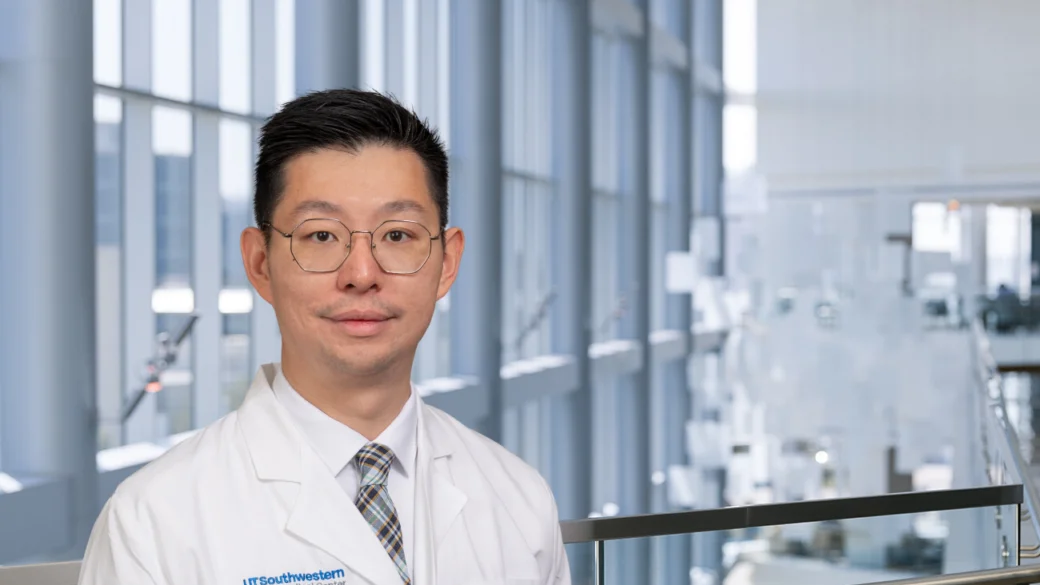
Charles Jiang/utswmed.org
Jun 19, 2025, 08:39
Charles Jiang: Fascinating Insights on Timing of Checkpoint Inhibitor Infusions from ASCO25
Charles Jiang, Medical Oncologist at UT Southwestern, shared a post on X:
“Still digesting all the data from ASCO25. Wanted to share my thoughts on a topic I found particularly fascinating: the timing of checkpoint inhibitor infusions. I’m no expert in chronobiology, but the data presented seem compelling and sparks a lot of questions.
The story of chrono-immunotherapy really begins with a keen clinical eye. Dr. A. Karaboué in France noticed his NSCLC patients receiving morning nivolumab infusions seemed to have “strikingly longer” survival. It’s a great reminder of how simple observation can ignite a new field. That initial observation led to a formal pilot study. In their 2022 paper, they reported that morning infusions led to a median OS of 34.2 months vs. just 9.6 months for the afternoon group (HR 0.17). An incredible signal from a single center. Ref: Karaboué A, et al.Cancers. 2022.
The signal grew stronger with retrospective data in other diseases. The MEMOIR study in melanoma, for instance, found that receiving >20% of infusions after 4:30 PM was linked to a significantly higher risk of death. Ref: Qian DC, et al. Lancet Oncol. 2021.
Eventually, a meta-analysis from 13 studies and over 1600 pt, confirming a consistent benefit. It showed about a 50% less risk of death for pt with early infusions (Pooled HR ~0.50). This really set the stage for a prospective trial. : Anagnostopoulos C, et al. ESMO Open. 2024.
Which brings us to ASCO25 and the first Phase III RCT on this topic. The design of the Zhang et al. trial was clean: 1L NSCLC patients getting immunochemotherapy were randomized to infusions before or after 3 PM for their first four cycles.
The results were impressive. The early infusion group had a median PFS of ~11.3 mo vs. ~5.7 mo for the late group (HR ~0.43). The OS benefit was similar (HR ~0.45). This provides Level 1 evidence that timing is a real, modifiable factor in our treatments.Ref: Zhang L, ASCO25 Oral.
So why does this happen? The biological rationale is centered on our circadian rhythms. T-cell trafficking, dendritic cell priming, and overall immune readiness appear to peak in the morning. We might just be hitting the immune system when it’s most prepared to fight. A key question is always safety. Does boosting efficacy increase toxicity? Encouragingly, the ASCO25 RCT reported no significant increase in severe immune-related adverse events (irAEs) with morning infusions.
This opens up so many interesting questions for new trials. What about the neoadjuvant setting? Could optimizing the timing of pre-operative immunotherapy boost pCR rates and improve our chances of curing early-stage patients? And how do we get this into practice? A large-scale pragmatic trial, perhaps cluster-randomizing infusion centers to a “morning-preferred” policy vs. standard scheduling, could be the next step to confirm real-world benefit and address implementation hurdles.
Again, just sharing what I found interesting. This seems like a simple, no-cost intervention that could have a big impact. What are your thoughts? How does this data strike you, and what are the barriers to potential implementation at your center?”
-
Challenging the Status Quo in Colorectal Cancer 2024
December 6-8, 2024
-
ESMO 2024 Congress
September 13-17, 2024
-
ASCO Annual Meeting
May 30 - June 4, 2024
-
Yvonne Award 2024
May 31, 2024
-
OncoThon 2024, Online
Feb. 15, 2024
-
Global Summit on War & Cancer 2023, Online
Dec. 14-16, 2023
Jun 19, 2025, 08:24
Jun 19, 2025, 08:05
Jun 19, 2025, 08:01
Jun 19, 2025, 07:51
Jun 19, 2025, 07:49
